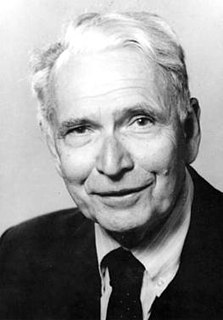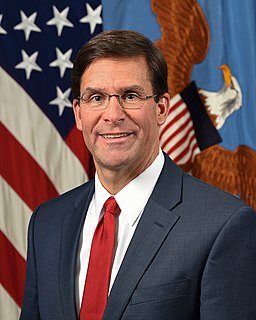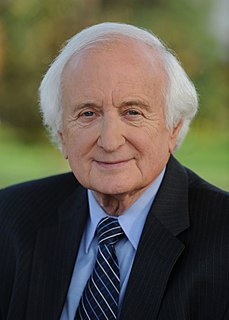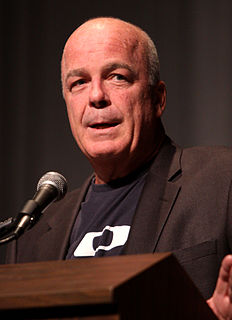A Quote by Erwin Chargaff
When the so-called think tanks began to replace the thought processes of human beings, I called them the aseptic tanks.
Quote Topics
Related Quotes
His [Ben Okri's] work poses very serious questions for the twenty-first century. Among them: To what extent will we allow the indefinable dynamics of something called "destiny" to maintain grief and horror in the world? How hard are human beings willing to fight to achieve and sustain justice, equanimity, or joy? And should progress be called such when it devours what is best within the human spirit?
Between two beings there is always the barrier of words. Man has so many ears and speaks so many languages. Should it nevertheless be possible to understand one another? Is real communication possible if word and language betray us every time? Shall, in the end, only the language of tanks and guns prevail and not human reason and understanding?





































